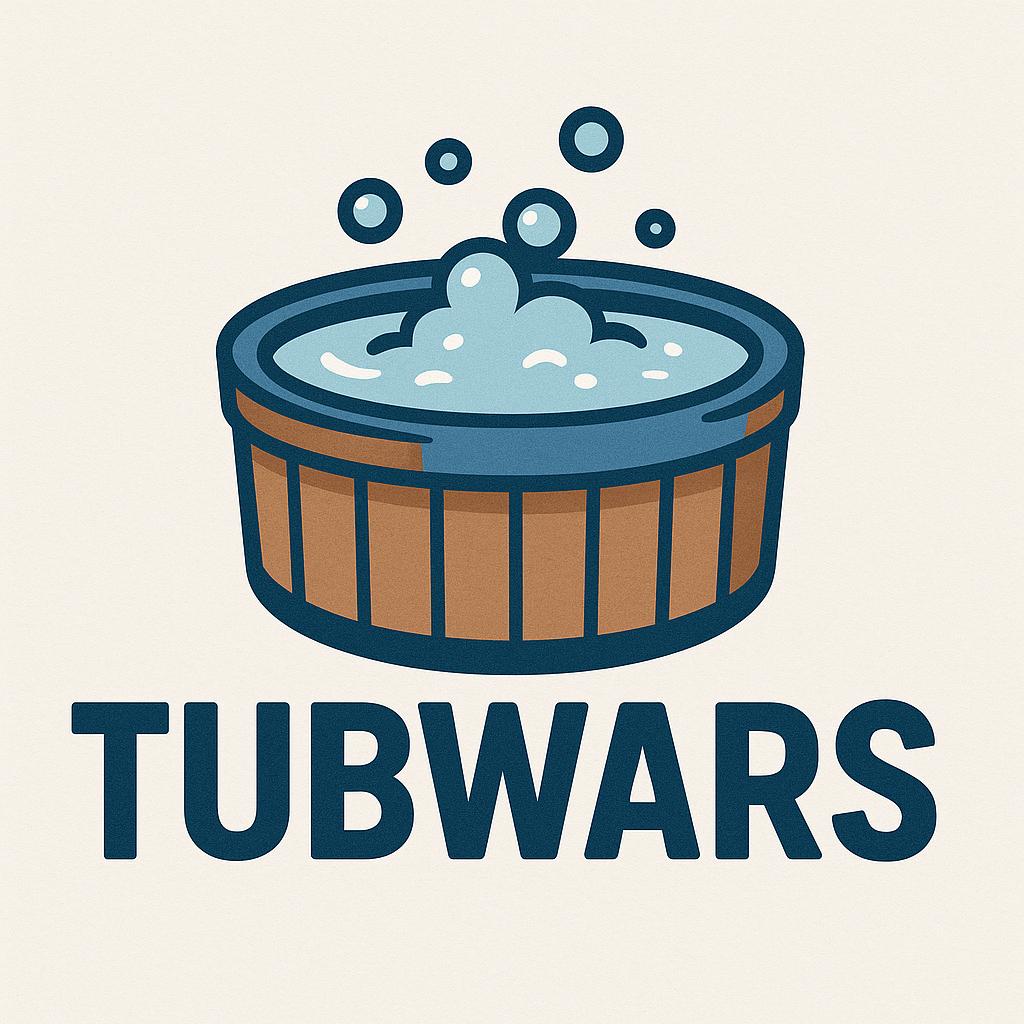Hot tubs can be a serious investment. A high-end model can easily run you $5,000–$10,000 or more, but then you see those “cheap” hot tubs online for under $1,000 and wonder: are they actually worth it?
Here is the straightforward breakdown of what you are really getting when you buy a budget hot tub.
1. Lower Price = Lower Quality (Mostly)
Cheap hot tubs, especially inflatables, are usually made with vinyl or PVC. They do not have the same durability or insulation as acrylic hard-shell tubs. That means:
- Shorter lifespan (2–5 years compared to 10–20 years for premium models)
- Higher chance of leaks, punctures, or parts breaking
- Limited warranties (if any)
The reality is that you get what you pay for.
2. Performance Is Not the Same
Budget hot tubs often have air bubble jets, not true hydrotherapy jets. While they create a bubbly effect, they do not deliver the deep massage that higher-end tubs provide.
- Cheap tubs: Relaxation only
- Expensive tubs: Hydrotherapy, muscle recovery, spa-level experience
If you want something therapeutic, cheap tubs will not meet your expectations.
3. Running Costs Can Be Higher
This is the part most people do not consider. Cheap tubs are poorly insulated, which means they lose heat faster. When the heater is constantly running, your electricity bill goes up.
- Inflatable tubs: $50–$100 per month in power
- Insulated acrylic tubs: $30–$60 per month
In the long run, the cheaper tub can actually cost more to operate.
4. Maintenance Can Be a Hassle
Cheaper tubs often use smaller, less efficient filters. That means:
- More frequent cleaning
- More money spent on chemicals
- Shorter filter lifespan
It is not impossible to manage, but it does add more work.
5. Who Should Actually Buy One?
Cheap tubs are not completely without value. They can be a good fit for certain buyers:
- Beginners who want to try out hot tub ownership before committing to a bigger purchase
- Renters who need something portable that can be deflated or moved
- Budget-conscious buyers who simply want a fun soak without a long-term investment
If you fall into one of these categories, a budget tub might be the right call.
Final Verdict: Worth It?
- Yes if you want a low-cost, entry-level way to relax in hot water
- No if you are looking for durability, hydrotherapy, or a long-term investment
The bottom line is that cheap hot tubs are starter tubs. They are enjoyable in the short term, but they should not be expected to last or perform like a premium model.
Next Steps
Before you buy, check out our Best Budget Hot Tubs Guide, where we review the most affordable options that actually deliver value.
